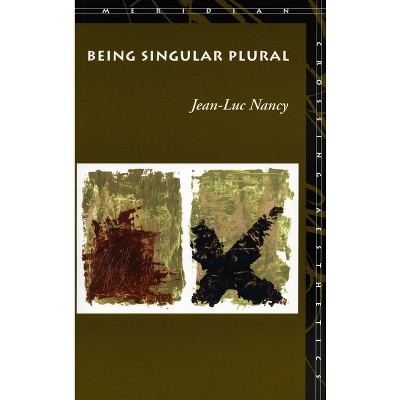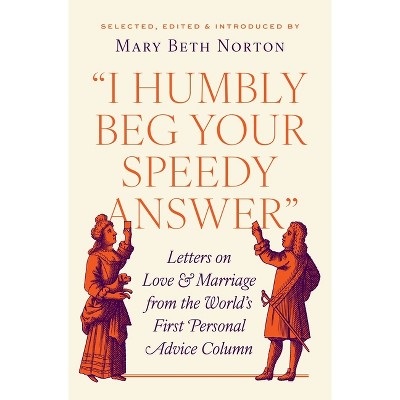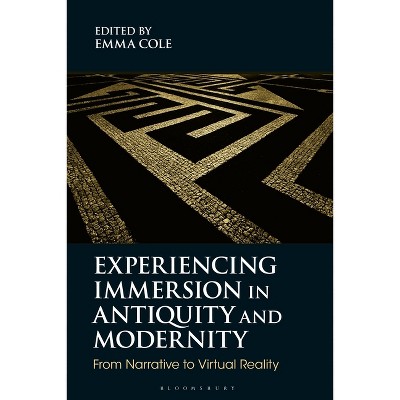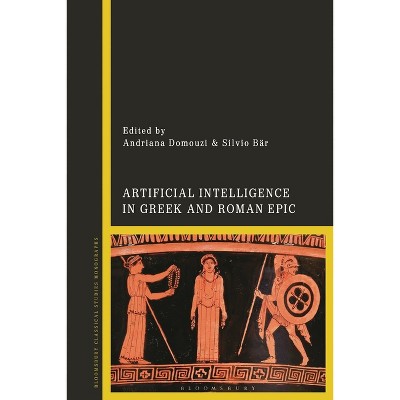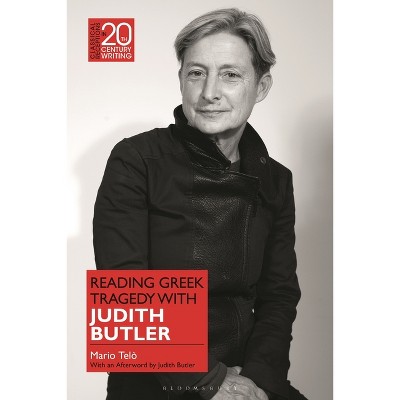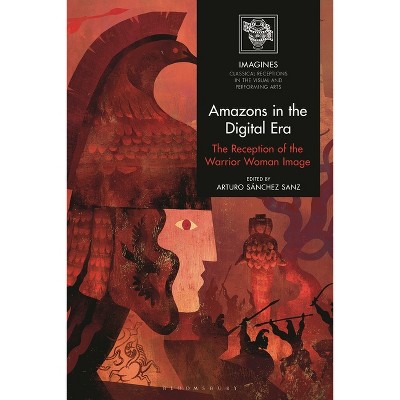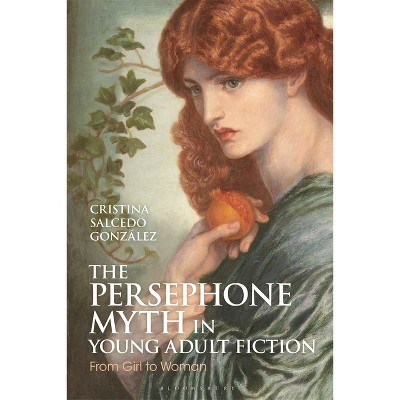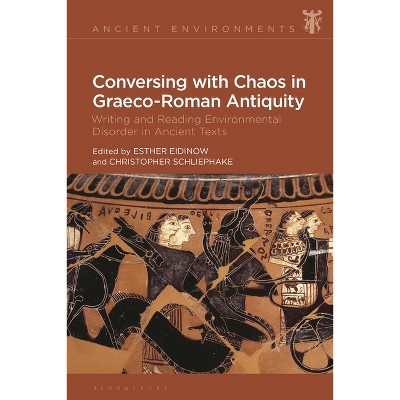Sponsored

Epic, Novel and the Progress of Antiquity - (Classical Inter/Faces) by Ahuvia Kahane (Hardcover)
In Stock
Sponsored
About this item
Highlights
- This book rethinks the characterization of two highly contrastive forms of ancient literary tradition - epic and novel - and re-frames their function as dynamic points of reference in the history of ideas and in our understanding of the interface between antiquity and the modern.
- About the Author: Ahuvia Kahane is Regius Chair of Greek and A. G. Leventis Professor of Greek Culture at Trinity College Dublin, Ireland.
- 280 Pages
- Literary Criticism, Ancient & Classical
- Series Name: Classical Inter/Faces
Description
About the Book
Shows how classical ideas and material helped to shape the modern world. This book rethinks the characterization of two contrastive forms of ancient literary tradition - epic and novel - and re-frames their function as dynamic points of reference in the history of ideas and in our understanding of the interface between antiquity and the modern.
Book Synopsis
This book rethinks the characterization of two highly contrastive forms of ancient literary tradition - epic and novel - and re-frames their function as dynamic points of reference in the history of ideas and in our understanding of the interface between antiquity and the modern. Epic and novel have often been construed in terms of sharp contrasts: temporally, with the epic anchored in the canonical beginnings of classical literature, as opposed to the novel, which rises only late in the ancient era; hierarchically, with epic regularly occupying the canonical core while the novel often resided in the periphery; and in terms of specific highly contrasting attributes: 'sublime' vs. 'subversive'; an aspiration to 'oral' song vs. an intimate association with book culture; heroic vs. 'anti-heroic' or 'mock-heroic'.
Ahuvia Kahane argues for the fallibility of each of several major differential attributes, to the point of generic disintegration. He then constructs a new understanding of epic and novel in antiquity as part of a more fragile, dynamic framework, governed by intertextuality and openness on the one hand, and by fragmented interpretive traditions on the other.Review Quotes
"Professor Kahane is the Scheherazade of our days: a brilliant storyteller himself, he has woven together a theoretically sophisticated fabric of novel and epic that speaks adroitly of antiquity but interfaces engagingly with modernity." --Paul Cartledge, Emeritus A.G. Leventis Professor of Greek Culture, University of Cambridge, UK
About the Author
Ahuvia Kahane is Regius Chair of Greek and A. G. Leventis Professor of Greek Culture at Trinity College Dublin, Ireland. He is the author of several books, including Homer: A Guide for the Perplexed (Bloomsbury, 2012) and A Companion to the Prologue of Apuleius' Metamorphoses (2000).Shipping details
Return details
Frequently bought together
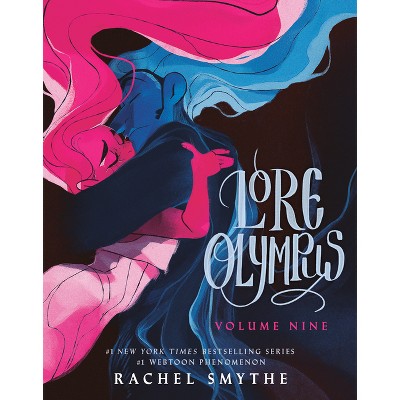
Trending Book Deals








